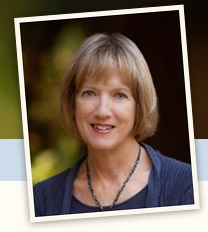David Brooks’ The Social Animal is a dense book, packed with data, which may keep it from being an overwhelming commercial success. That’s too bad because it contains much that it worth reading.
Brooks attempts to teach us about the importance of relationships through a story that is purportedly fiction, following the lives of several people from birth to death. The characters, it turns out, are props to demonstrate various research findings about the human species, along with Brooks’ ever-insightful views about our culture.
I’m not sure the device of demonstrating psychological and sociological research insights through these characters’ lives works very well. It probably should have been five or six books instead of one.
Still, of the various non-fiction I’ve read recently, I keep turning to episodes from this book when talking to friends about ideas. I don’t always agree with David Brooks’ bottom line, but I’ve never read anything he wrote that didn’t have something of truth and substance in it.
Here are some takeaways from The Social Animal:
Although people are often measured by external achievements (What’s your job? Where did you go to school?), it’s the choices we make based on intuition and instinct that are more likely to determine our happiness and the measure of our lives (Who did you marry? What do you believe in?).
Research recited in the book on child development, education, careers, human sexuality, marriage and aging supports Brooks’ theory that the human animal is shaped essentially by relationships.
Particularly elegant is his debunking of our culture’s misguided overreliance on data to drive economic and political decisions and on money to solve problems, making a strong case for the superiority of the human mind over the computer.

